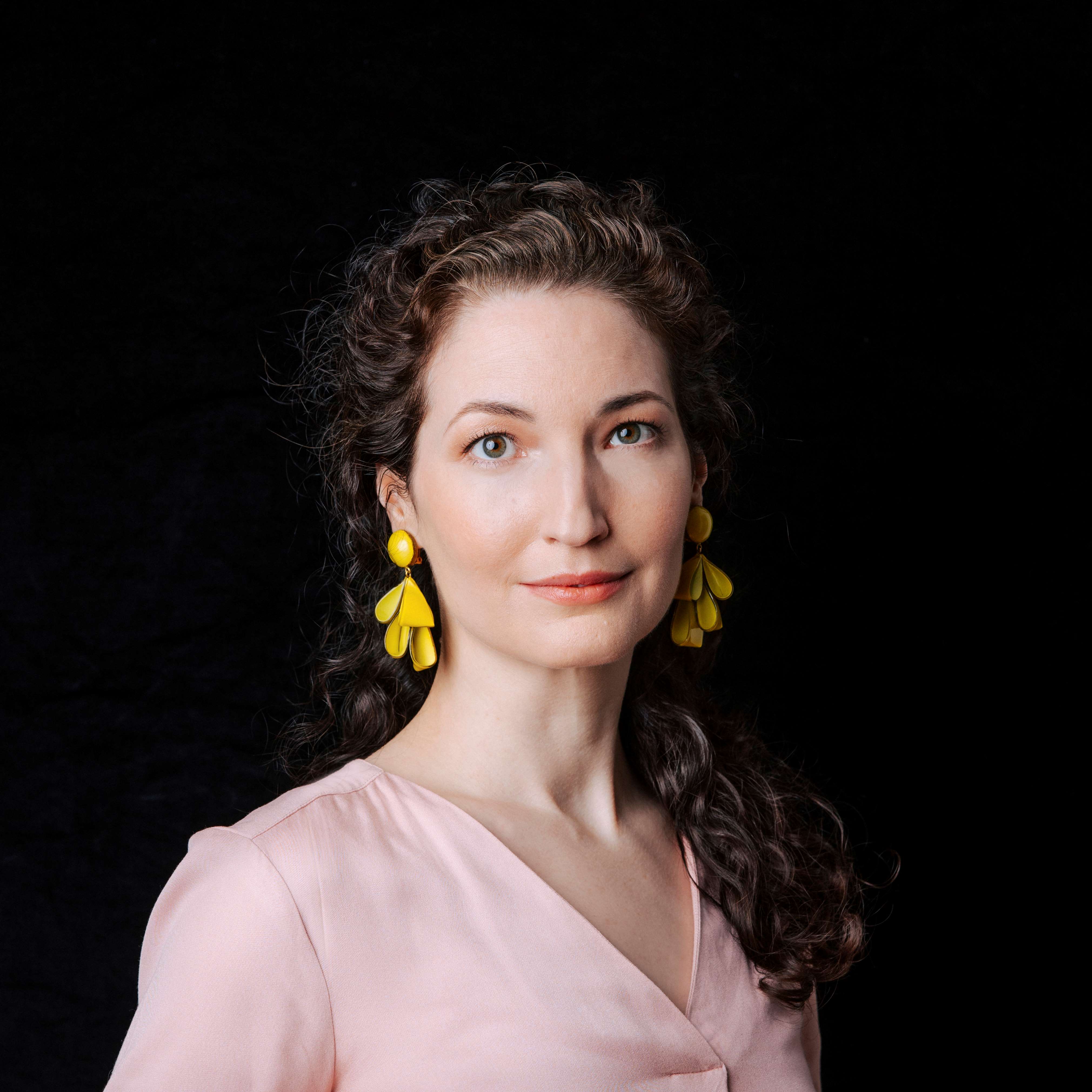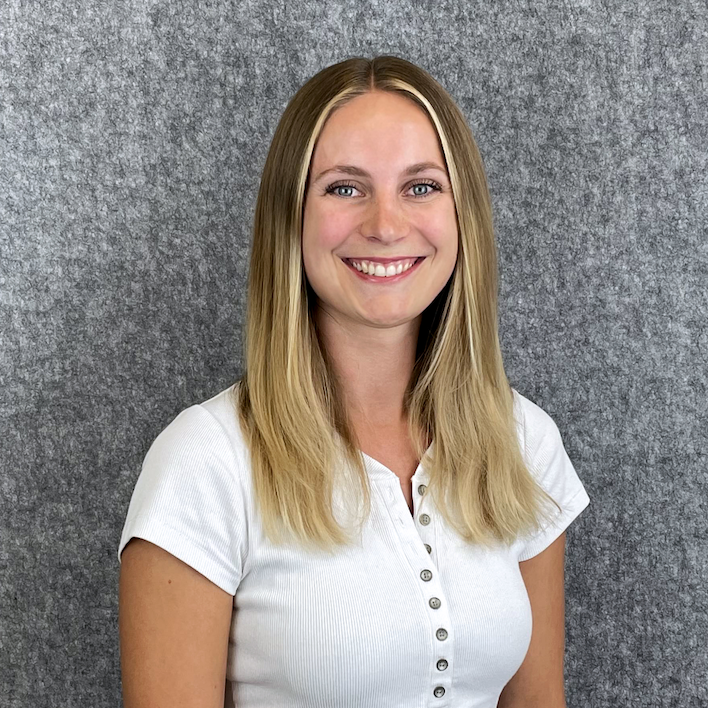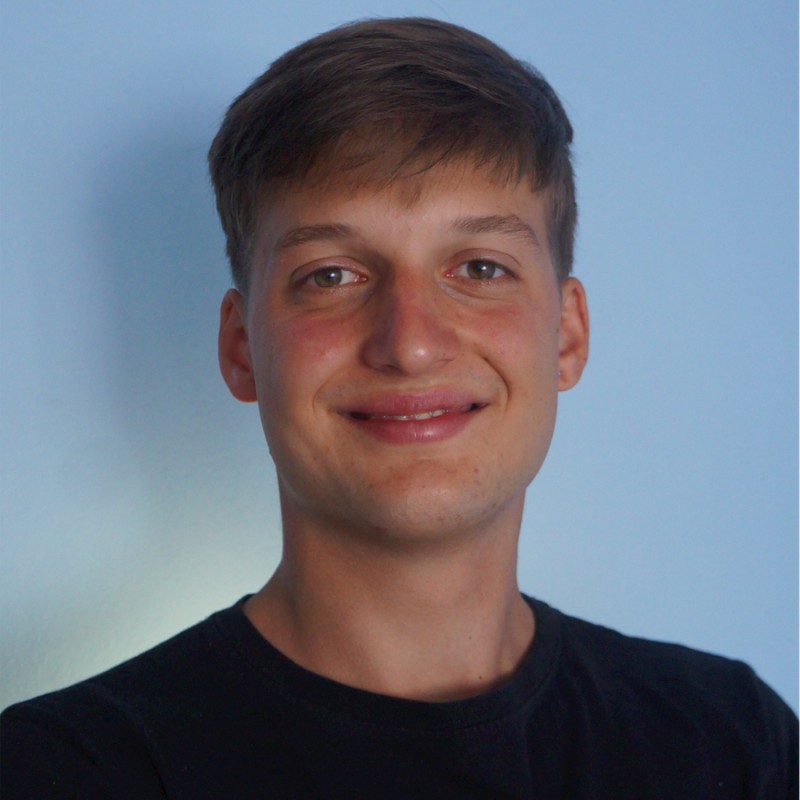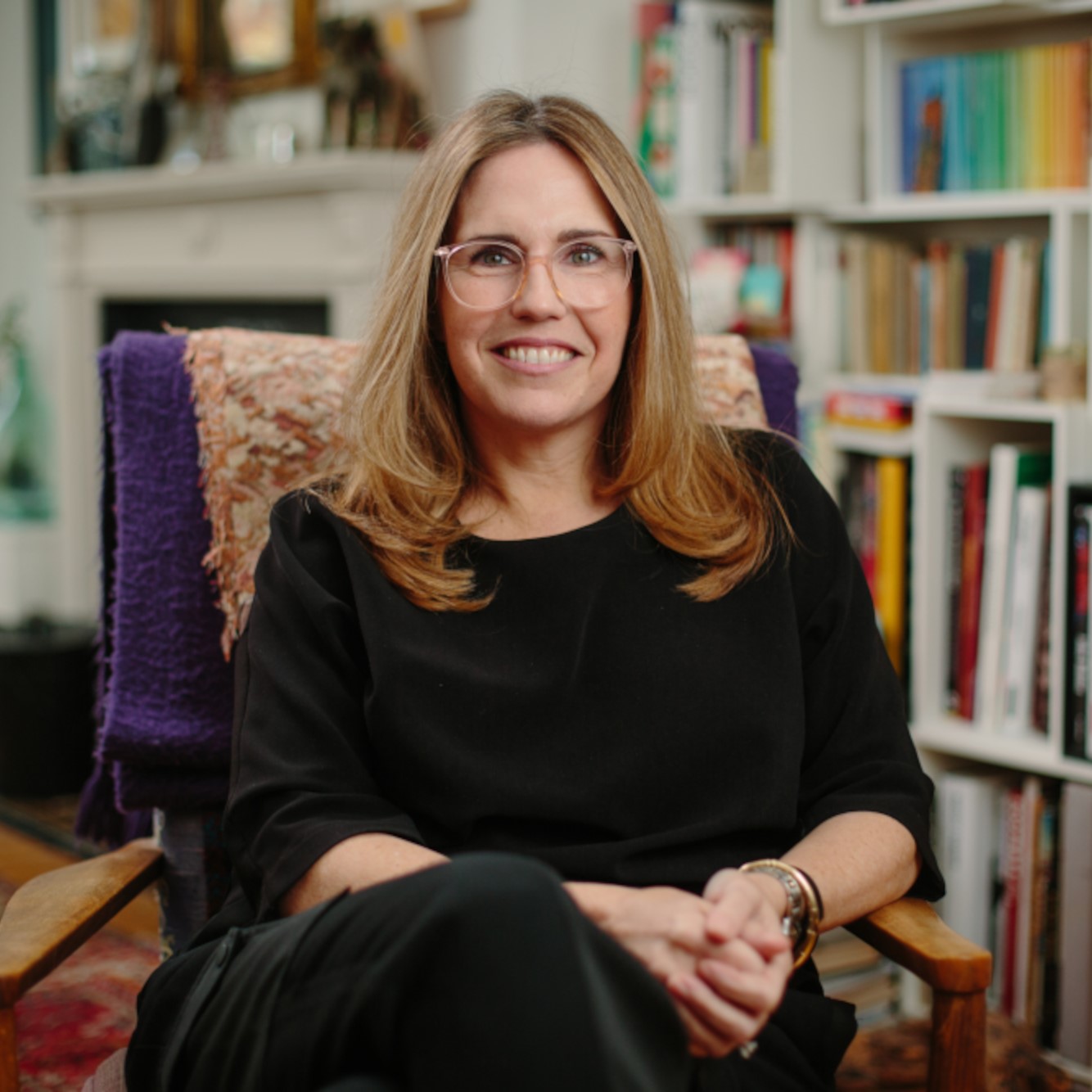
These startups are in the final round of the CONTENTshift accelerator. All of them have innovative ideas and concepts from which the book industry can also benefit.
We’ve all been there before: an ostensibly simple information search is made incredibly difficult by virtue of the fact that you have to sift through printed books or e-books, one by one. Founder Veronika Haberler developed an intelligent solution to this problem, and it comes in the form of Bookscreener, a high-end search engine from the startup LeReTo, which already simplifies digital research for lawyers. When asked about her vision, founder Haberler says: »We were inspired by the idea of being able to conduct a full-text search across our entire bookshelf and to search for new works in the same way«. She explains further: »We see ourselves as a service provider for the industry. We enable publishers to make their inventories accessible in a more innovative way, because we’ve processed and prepared the content accordingly.«
What makes Bookscreener unique is its specially designed Sunburst menu. »The visualisation of the data in Sunburst always displays the correct distribution of the hits in the entire inventory of books, and it does so in a statistically correct way.« The tool not only offers a quantitative overview; it also provides an interactive filter that helps users navigate easily through different subject areas, which include the natural sciences, social sciences and economics.
Each search result is highlighted in colour on the pages of the book. For a while now, Bookscreener has been cooperating with facultas, an Austrian university publishing house and reference bookseller, processing their entire inventory of specialised texts and reference books. To get a better idea of how Bookscreener works in detail, visit facultas.at/bookscreener

Photo: © Paul Bauer Photography

Photo: © Andrea Heinson
Samantha Merlivat has been dealing with the subject of dyslexia since she was a child. Her brother is dyslexic and her mother runs a dyslexia institute in France. »I noticed early on how difficult it was for my brother, but also how much time and effort my parents put into it«, she notes. »Everyone I spoke to on the subject pointed to the same problems; for example, that the waiting list for access to a specialist was simply far too long.« Merlivat knew it was time for a digital solution that integrated all the knowledge and information parents, children and teachers needed in one simple app. Merlivat forged ahead and soon GoLexic was founded.
The app, which is currently available in German and English for iOS, contains specific tasks, each lasting roughly 15 minutes, that have to be solved every day. These exercises encourage seven-to-ten-year-olds to practice their reading skills, for example, by matching sounds, letters or combinations of letters. Cool gamification adds key incentives and allows users to build spaceships and visit alien planets. »Kids have a lot of fun with the app and get to compare the progress they make!«, notes Merlivat, who’s eager to increase her cooperation with the German-language book industry and especially with textbook publishers. »On the one hand, our app would help them expand their portfolio; on the other, it is a wise approach for the long term. Because if you take away a child’s fear of reading, and especially if you turn that fear into a true love of books, those kids are likely to be book buyers later on in life.«
It was his own attempt at publishing a novel that got Lars Leipson thinking about one very big question: Is it possible to make data-driven predictions about which books are likely to succeed and which aren’t? Together with Sebastian Hermanns, Leipson co-founded Lit-X, a tool that collects »market-wide international data to create the foundation for generating trend analyses, pricing recommendations and success forecasts«. Lit-X doesn’t guarantee bestsellers, but it can help gain insight into the kind of success a book is likely to have in a genre. »We certainly can’t predict the future«, explains Leipson. »Instead, we use statistical methods driven by machine learning to determine how likely it is that readers in a genre will like a particular book.«
Lit-X is designed to support the intuition of experts and validate their hypotheses. »We take advantage of the fact that the US market is roughly one year ahead of us here in Germany when it comes to content. This allows us to get a better idea of what’s trending.« The data collected by Lit-X is drawn from sources such as online stores, rating communities and social media. »The data can be used in many ways, including identifying promising new titles as part of trend scouting and helping to optimize the pricing of e-books.« In other words, Lit-X is a multitalented app with big goals, in particular to enable publishers, booksellers, agencies and authors to make data-driven decisions.

Photo: © Lars Leipson

Photo: © SUMM AI GmbH
Accessibility with one click of the mouse. There are ten million people in Germany alone who have limited access to important information because they’re unable to understand complicated texts. According to Flora Geske, this can either be »due to a disability, poor language skills or some kind of educational disadvantage«. Geske is CEO and co-founder of SUMM AI, a tool that uses AI to »translate« any text into plain and accessible language. Geske came up with the idea for the app after experiencing the problem of exclusion in her own family: »My aunt has a disability that puts her in our target group,« she explains. SUMM AI is designed to enable Geske’s aunt, and many others like her, to participate in all aspects of public life.
Rather than just transferring individual words and sentences, SUMM AI pays particular attention to a text’s contextual meaning: »Texts are processed section by section on the basis of the whole context.« After that, the tool shortens sentences, occasionally rearranges words and uses simpler synonyms to make everything easier to understand. This process is of primary interest to companies and public administrative bodies seeking to translate their content into accessible language in a quick and cost-effective manner. And it’s a process with a bright future, as Geske reminds us, thanks to a new regulation called the Accessibility Strengthening Act (Barrierefreiheitsstärkungsgesetz), which will come into effect on 28 June 2025. From that moment on, digital services and products (including web stores and e-books) will have to be presented in an accessible way. This is why Geske and her team are eager to become more involved in the media world. By participating in the CONTENTshift accelerator, she and her colleagues hope to network and exchange ideas with publishers.
Students using their smartphones in class? Although still the exception in German schools, it’s actually common practice in other countries, which is where Felix Weiß first discovered it, back in 2018, while working as a teacher in Uruguay. He thought about it and came up with the idea of a software tailored specifically to students and teachers. He then joined with Marius Lindenmeier to co-found the startup thea (an acronym for technology helping education to advance), which they used to developed the AI tool to teach. »We’d already experimented with AI, but the possibilities were still very limited at the time,« explains Weiß. In late 2022, however, with the launch of ChatGPT and a Midjourney update, things changed fast: the perfect moment for the tool known as to teach had arrived.
But what exactly does this tool do? »To this day, teachers tend to lose ten percent of students, because they simply have other ways of learning«, explains Weiß. »to teach allows teachers to create tailored content at the touch of a button. This includes exercises, cloze tests and multimedia content. And it’s easy to adjust the subject, level and format.« to teach offers its services in the realms of languages and maths for all primary and secondary-level pupils, with other subjects coming soon. In terms of the future, the co-founders are setting their sights on universities. »We work with teachers but also B2B with publishers«, notes Weiß. »By getting involved in CONTENTshift, we hope to gain great contacts and access industry expertise.«

Photo: © private

Photo: © Sage Group plc 2023
People find inspiration in the most unusual places. In the case of Kelli Fairbrother, it was while riding the Tube in London that she found herself faced with a quite irritating situation: »I was sitting there listening to ›Factfulness‹ by Hans Rosling, and at one point, the narrator instructs the reader to look at some sort of graph. In other words, at that moment, I was expected to download PDFs from a website. This was in 2018!« That’s when Fairbrother realised that she’d found a gap in the market. There had to be a way to combine texts, illustrations and audio, she thought. Thus the idea for xigxag was born. Together with co-founder Mark Chaplin, Fairbrother has a clear vision: »Our aim is to make sure that people who buy audiobooks don’t miss out.« They should be able to see illustrations, make notes, look things up and share quotes with others. Xigxag also makes it possible to switch back and forth at will between reading and listening: »As soon as users experience all the possibilities, they realise what they’ve been missing all along.«
Success has proven Fairbrother and Chaplin right: to date, more than 70,000 people have downloaded the app. And xigxag is now gearing up to conquer the German market as well. It’s a country that Fairbrother knows well, having lived in Ansbach in the late 1990s. »Germany is our second largest market after Great Britain. We’re ready for international growth and we’re concentrating our efforts on Germany.«
With the funding programme, the Börsenvereinsgruppe seeks to bring startups together with established industry stalwarts in order to foster and firmly anchor innovation in the book industry.
The participating founders join with industry representatives for coaching sessions and a co-creation workshop designed to test their business models and explore possible opportunities for cooperation.
The coaching sessions are given by two leading book industry experts, Harald Henzler (smart digits GmbH) and Okke Schlüter (Hochschule der Medien, Stuttgart).
The finalists will compete in a final pitch at this year’s Frankfurt Book Fair. The jury will then select the Content Startup of the Year and grant them the winning prize of €10,000.
The CONTENTshift competition is sponsored by companies active in the book industry, each of which sends a representative to sit on the jury. The members of this year’s jury are the following:
Text: Isabella Caldart